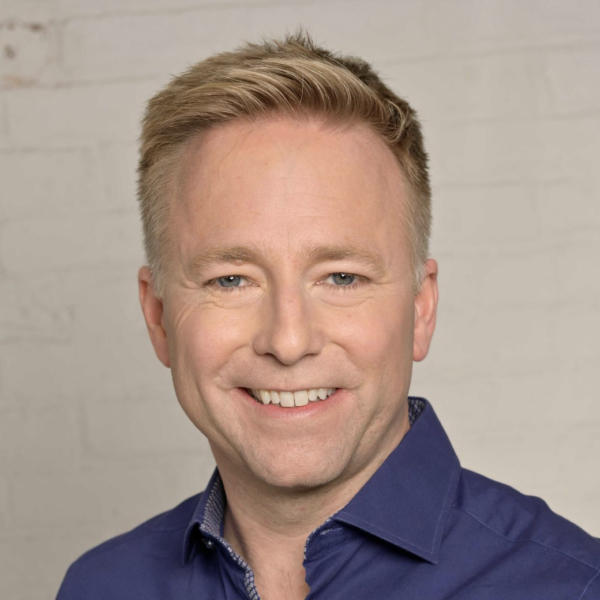Learning To Save In A Tough Economy
With just $40 and a beat-up car, Richelle Durham escaped an abusive marriage.
"It sounds kind of crazy, but this car kind of represents my freedom.
At age 33, she was homeless, with three kids, and starting over, CBS News correspondent Seth Doane reports.
Looking at photos of herself, which serve as a reminder of how bad things were and how far she's come, she said: "This was this lowest I was emotionally, physically and spiritually."
"I had no money - no checking account in my name, no credit cards in my name. I had nothing," she said.
Now, she has quite a lot, thanks to her perseverance - and a government program that's taught her how to save money.
As a legal assistant, Durham makes just more than $20,000 a year.
"When I start to feel overwhelmed financially, or start to worry about the bills that are coming in, or the shut-off notices, or the lack of food, I just say, 'do I have what I need today?'" she said.
Still she plans for tomorrow. She's actually saving money, through something called an "Individual Development Account," or IDA.
"Right after the rent and the food is my money that goes into my savings account - that savings account is my hope," she said.
Nationwide, more than 70,000 lower-income Americans use state and federally funded IDAs. To qualify, you can make up to 200 percent of the federal poverty level. For a family of four, like Durham's, that's roughly $40,000.
In Washington state, after completing a course in money-management, folks can save up to $2,000 - and have it matched two-to-one.
Instructor Liz Myntti says it's about learning to "pay yourself" first.
"You've got to put it into savings at the beginning of the month when you pay all the rest of your bills," she said. "It's really identifying your spending habits - because we call them spending leaks."
Those "spending leaks," for Durham, included cigarettes and her cell phone. She gave those up, and now puts at least $50 a month in her IDA account. She can use that to purchase assets that build longer-term wealth, such as a computer, which she needs to complete her college degree, and a more reliable car, which she needed for her job.
Her ultimate goal of owning a home is even in sight. She volunteers hundreds of hours for Habitat for Humanity, and now she's been chosen to receive one of those homes. She'll put the last of her IDA savings toward that house.
"I want there to be a place where my kids can always come back to that's theirs, and I want them to have the security to know that we're not going to be back at the shelter and that they're not going to be homeless again," she said.
An afternoon spent bowling is a chance to relax - and her kids' smiles are the real reward.
